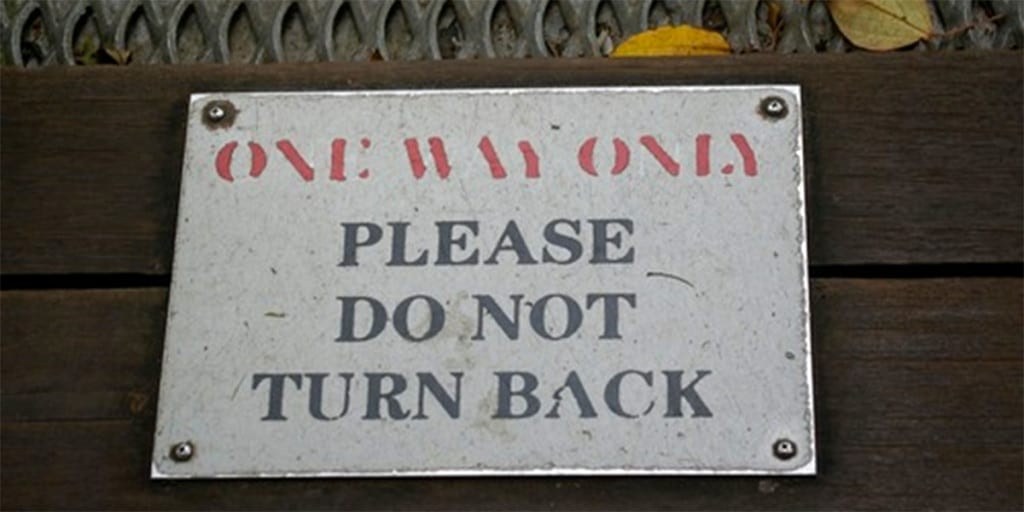Enjoying a special place in the book of popular cliché is the story of the dream that comes true but then fails to measure up to the dreamer’s expectations. This is what makes the human such a poetic clown. We are amateur dreamers – anything attainable is somehow flawed, anything unattainable is a joke. It is this pattern that makes tragedy so much more entertaining than comedy.

The seminal rock stars that didn’t die young are now dying old. Those of us who followed in their footsteps can now look back on the Rock & Roll myth in its entirety, we can make judgements based on the full span of those that carved life-long careers out of what is essentially a fragile, duplicitous and unpredictable industry. We are in a position to make informed decisions. But, for the most part, we don’t.
Why? Because the dreams don’t alter. Even with the well-worn tales of bad management, rivalry, exploitation, death, financial ruin and changes in taste very few can resist the charms of this dream. And of course dreams defeat logic. We can scrutinize them from every angle but once we put ourselves in the middle of one we are under its spell.
Why aren’t we all smarter than this now? Why is it so easy to imagine ourselves as The Beatles and yet so difficult to imagine ourselves voicing Thomas The Tank-Engine? Why can’t we see past the dream into the morning after? And why after all these years can’t we dream any better?
There is one question that always leaps into my head when confronted with a new band that are trying to “make it” (in the classic sense of hits and riches) and that is What Do They Actually Want?
If someone had asked me that question when I formed my band I probably wouldn’t have had a very interesting (or honest) answer. Most people don’t. The typical reasons are such a jumble of split threads born from contradictory motives: The desire to be a creator not a consumer (as if one can be the former without being the latter); to be separate from society and yet adored by it; to be afforded a private backdoor into the cultural imagination (through which one can leisurely hurl the odd hand grenade)… or to simply avoid enduring a “proper” job?
But I know what I want now. I had an epiphany of sorts (but an epiphany in which I was the one playing the music rather than the choir invisible).
Simply put: I want to be surprised. That’s it. But not just pleasantly surprised – I want to be ecstatically surprised.
These days most artists know how to (at least approximately) gauge their progress. One does it by analyzing audience figures, website stats, social media interactions, links clicked through, tracks downloaded, youtube hits, radio play and, of course, money earned. But this is how one measures the delivery of one’s art, not its impact.
I read an article stating that in 2011 94% of songs available in the digital marketplace sold fewer than one hundred downloads. Assuming that is true, the knowledge that my compositions are among a prestigious 6% doesn’t make me any happier (and, when dealing with numbers like these, it doesn’t make me richer either).
Because a statistic viewed in an emotional context is as meaningless as a binary haiku. When it comes down to the creative element of what I do (the essential ingredient that makes sense of all the endless admin) I don’t care how I’m measuring up against everyone else, all I really want is something to help shoulder my convictions once in a while and keep me from losing my nerve.
That’s why I relish the idea of surprise. Just to be left open to a strand of human possibility that most jobs deny us. The currency of all art is human experience and the great joy of being a performing musician (even one as cynical and antisocial as I am) is that we are constantly crossing over with the bits of people’s lives that stand out from the dross. Last week I was told by a woman that her first kiss with a new boyfriend was at one of my shows; the same day a man told me that the first gig his children had attended was my band.
That was the day I decided I had “made it” – the day from which point forth no one could dispute the fact. Surely no hit single or sell-out tour or superstar collaboration can carry emotions to rival the knowledge that you were the guy playing at someone’s first concert experience? That is utterly priceless and I don’t care what cynics may come knocking.
I don’t want to seem like I’m boasting, that’s not my intention. Those events would have happened whether it had been me providing the soundtrack or not. But, because I’m a touring performer I find myself intersecting with the moments that don’t get edited out of people’s memoirs, where a life briefly swivels upon its axis before continuing on its trajectory.
This puts me in an immensely privileged position, not to mention inspiring. If anything can truly humble a measly sales statistic it is that.
Now, if I could just work out how to make money out of it…
First published in June 2012

